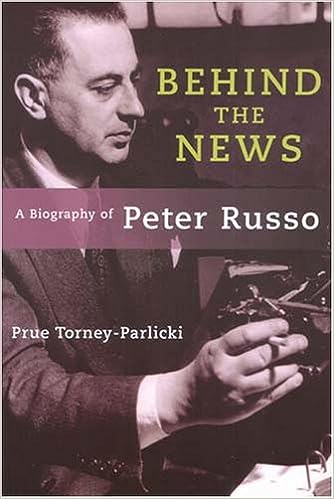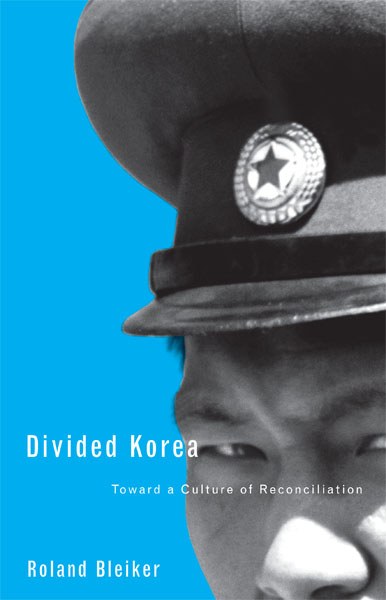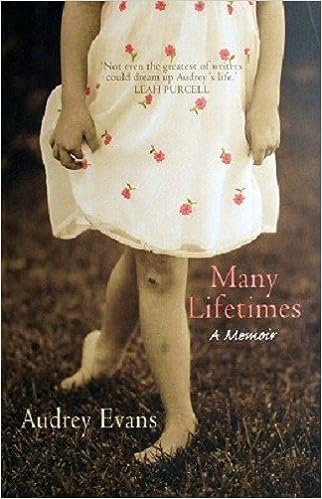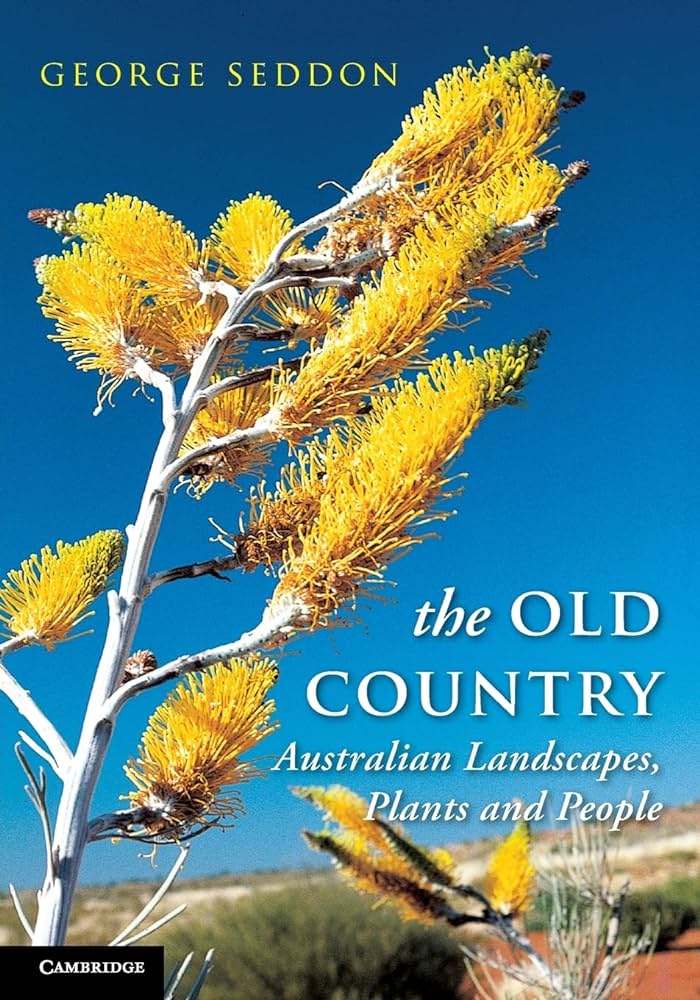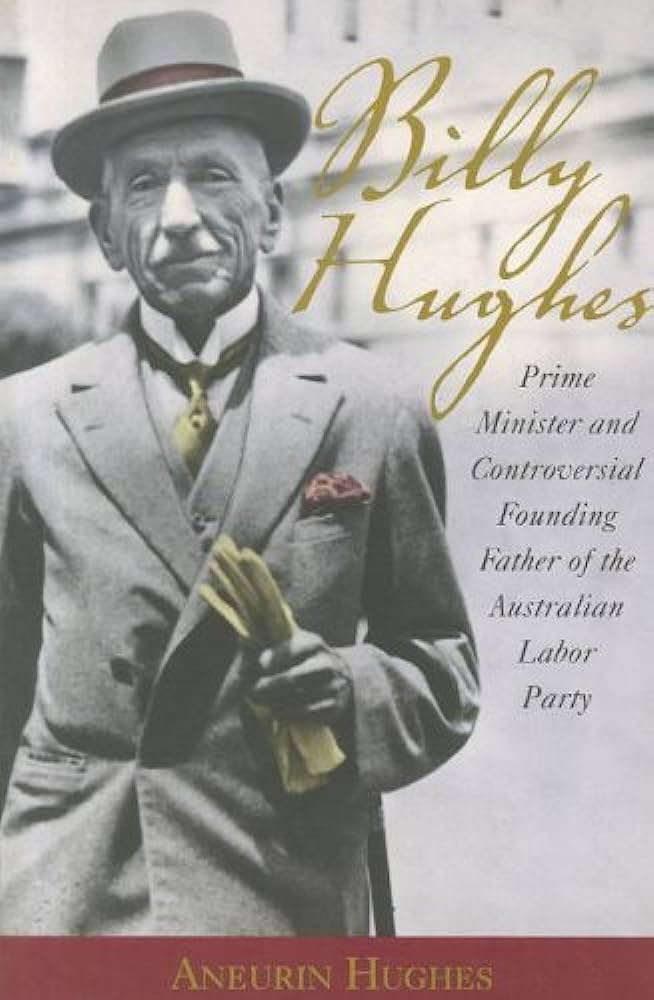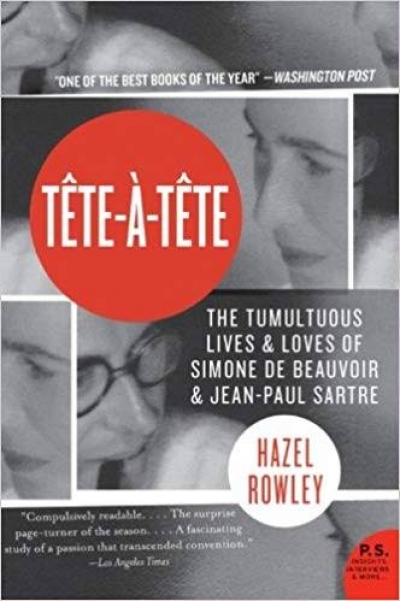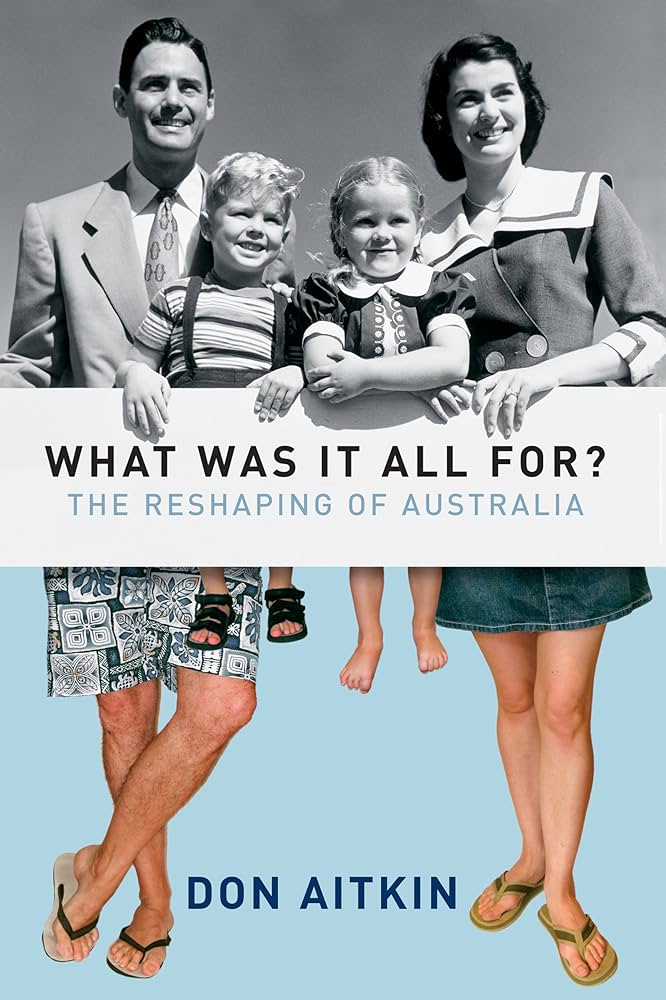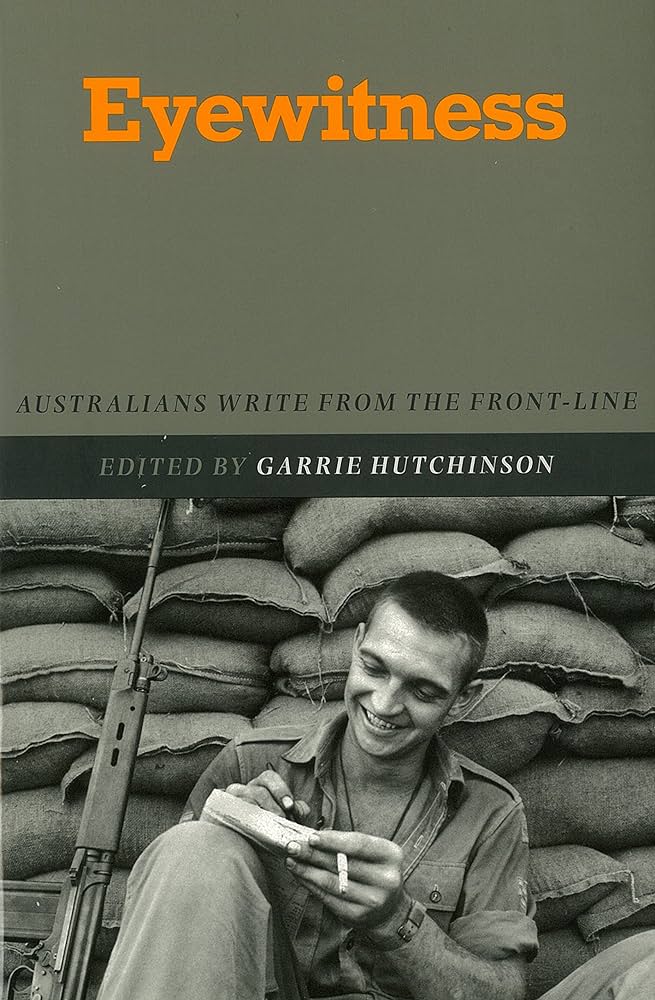Non Fiction
Behind the News: A Biography of Peter Russo edited by Prue Torney-Parlicki
Many older readers of ABR would remember Peter Russo – whether fondly or otherwise – for his newspaper columns (principally in the Melbourne Argus) from 1941, and for his ABC radio broadcasts, which continued until his death in 1985. As for younger readers: picture a journalist–commentator (his career defied easy description) who was as controversial in his day as any of our present ‘shock jocks’, but who actually knew what he was talking about. Leading politicians approached Russo not to curry favour with his audience but to understand matters within his areas of expertise: Asia and international affairs. Such expertise – including fluency in eight languages – made it difficult to ignore his contributions to public discourse which, as Prue Torney-Parlicki’s biography makes clear, were substantial. Until this biography (the first comprehensive study of the subject to be published), Russo risked being remembered not for what he said or did but, rather, for what others said about him.
... (read more)Divided Korea: Toward a culture of reconciliation by Roland Bleiker
‘The US scares North Korea.’ If you are George W. Bush or Dick Cheney, you may be satisfied with this statement by former US diplomat Donald Gregg. It might signify the success of American policy towards North Korea, a country you consider to be a dangerous ‘rogue state’ that is developing nuclear weapons and exporting missile technology, and that is led by a repressive totalitarian régime. The only way to deal with such governments, you believe, is through threats, deterrence and, if necessary, military action to degrade offensive military capabilities or even to remove them from power. But what if this brings us to the brink of disaster? In this timely and important book, Roland Bleiker exposes this schoolyard philosophy for what it is: a dangerous and simplistic recipe that has brought North-East Asia to the brink of war too many times in recent years. Ever since the North Koreans announced in 2002 that they were withdrawing from the Treaty on the Non-Proliferation of Nuclear Weapons (NPT) and were on the brink of developing a working nuclear capability other countries in the region have been justifiably alarmed.
... (read more)By definition, chiaroscuro is Italian for lightdark; in practice, it is a technique wielded by painters and graphic artists, whereby dynamic applications of highlight and shade are contrasted for dramatic impact. Along with Rembrandt and Caravaggio, Audrey Evans proves herself to be a master of chiaroscuro in her memoir, Many Lifetimes. One can see the hand of the artist as she sketches her truths in simple, yet striking, strokes; Evans writes with a raw honesty that turns a spotlight onto chosen moments in her life, and allows others to remain enveloped in darkness.
... (read more)Brave New Workplace: How individual contracts are changing our jobs by David Peetz
Almost 100 years ago, Justice Higgins was asked to determine a ‘fair and reasonable wage’ for the average worker. In a landmark decision, Higgins declared that an unskilled labourer should receive a wage of seven shillings per day. This, he said, reflected the needs of an ordinary person living in ‘frugal comfort’ in a civilised community with the responsibilities of providing for his family. Higgins was explicit in setting this basic wage based on the needs of a worker, not the business organisation for whom he worked. ‘Fair and reasonable’ must also be something which the individual employee could not otherwise get through individual bargaining directly with employers. For, if it was, there would be no need for such regulation. Higgins’s decision shaped Australian wage regulation for the last century, and institutionalised the concept of collective regulation of workplace matters. The Australian Industrial Relations Commission thus became a ‘bedrock’ institution of Australian capitalism, civilising market forces and mitigating the adverse consequences for individuals of the uncertainties associated with them.
... (read more)The Old Country: Australian landscapes, plants and people by George Seddon
The old country is, by his own admission, George Seddon’s last book. Last books are generally the products of two factors: posthumous recognition of work-in-progress, or a generous sharing of one lifetime’s accumulated wisdom. Happily, this book falls into the latter category. The opening chapter does nothing to jolt this impression; with avuncular ease, Seddon introduces his characters and stories. We sit with Uncle George at the fireside – or more realistically, given the irony of the title, around the campfire. The stream of consciousness is conversational, discursive and often intensely personal. Seddon has a gift for storytelling. While still in the roman numerals of the preface, we have a telling example: ‘The past lies at the author’s feet,’ Seddon observes epigrammatically, his boots juxtaposed over 3.5-billion-year-old stromatolites at Marble Bar in Western Australia’s far north-west. We immediately under-stand that the author’s time frame is very wide indeed. We were half expecting a gardening book – or at least a book about plants, judging from its Dewey classification – but should not be surprised by this un-conventional opening gambit. ‘We live in old landscapes with limited water and soils of low fertility,’ Seddon explains, ‘yet with a rich flora that is adapted to these conditions, as we are not. There is much to learn from it, but we have been slow learners.’
... (read more)Something About Mary by Emma Tom & Mary, Crown Princess of Denmark by Karin Palshøj and Gitte Redder (translated by Zanne Jappe Mallett)
One of the contestants on television’s Australian Princess last year was a stripper, the oscillation in whose carriage was queried by the judges. ‘Of course I wiggle when I walk,’ the young woman protested, ‘I’ve got booty.’ Another competitor found that the going got tough when she was called upon to make a cup of tea. ‘I’m more of a bourbon girl,’ she shrugged. We were meant to laugh and cringe, and we did, but the show, for which nearly 3000 hopefuls had auditioned, was also a ratings success, reinforcing the widespread belief that anyone can become a princess. After all, it seemed as though anyone had.
... (read more)Billy Hughes: Prime Minister and controversial founding father of the Australian Labor Party by Aneurin Hughes
Major historical figures generally attract multiple biographies. Napoleon and Nelson have, reputedly, amassed more than 200 biographies each – with successive waves of interest reflecting the constant need for reinterpretation. But at some point we must strike a declining marginal utility as we tally the titles – biography as running soap opera appears a postmodern accoutrement. In Australia, we have not yet managed to produce a biography of each prime minister – then along comes another on the ‘Little Digger’ Billy Hughes (1862–1952), without doubt one of our most colourful political leaders and written-about subjects. If not 200 titles, then there is certainly a small bookshelf full of respectable studies and serious essays on him, not to mention his own books and the many cameo appearances he makes in political memoirs and other works of his generation. So, do we need another interpretation? Indeed, does this ‘short life’ of ‘King Billy’ offer a new interpretation? Why did Aneurin Hughes – his namesake but no relation, and more on that later – commit to this laborious project?
... (read more)Tête-À-Tête: The lives and loves of Simone De Beauvoir and Jean-Paul Sartre by Hazel Rowley
Jean-Paul Sartre and Simone de Beauvoir are both mythical figures. They are also a mythical couple, a symbol of lifelong intellectual and personal commitment to each other and to commonly espoused causes. Of the two, Beauvoir is probably the more widely read today, because of her foundational role in the development of feminism, and the relative accessibility of her writing. In comparison, Sartre’s work, with the exception of his elegantly self-mocking autobiography, Les Mots (1966), is more difficult. His opus is as eclectic as it is voluminous – covering philosophy, prose fiction, theatre, political essays and literary criticism – and it is often dense. With Beauvoir, the reader is always in the presence of a person; with Sartre, we witness above all a mind at work, a brilliant intelligence grappling with whatever problem or issue it has decided to take on. In both cases, their work had a profound impact, mirroring and inspiring fundamental changes in thought and mores. Sartre and Beauvoir shared a philosophy – which went, somewhat loosely, under the name of existentialism – that held that human individuals and societies had the capacity to determine their own destiny, free of the weight of history and tradition. In the wake of World War II, and in the context of the ideological stalemate and nuclear threats of the Cold War, this philosophy of possibility and freedom offered an alternative to the ambient pessimism. It promised not passive resistance but transformative action by and for a humanity willing to create its own future.
... (read more)What Was It All For? by Don Aitken & Australia Fair by Hugh Stretton
Don Aitken was born in 1937, Hugh Stretton in 1924. They have both had distinguished academic careers, making important contributions to the development of Australian social science, and at various points have been prominent in public debate. Both of these books might be seen as reflections on the current state of Australia, about which the younger Aitken is clearly more optimistic than is Stretton.
... (read more)Eyewitness: Australians write from the front-line by Garrie Hutchinson
It is one of life’s ironies that war can bring out the best in people, and writers are no exception. Picture Australian seaman Ray Parkin as he toiled like a slave for the Japanese on the Thai–Burma railway during World War II. Despite the brutality and privations, Parkin felt that the experience would ‘not be entirely wasted’ if he could somehow get his diary and drawings home when it was all over. These were crucial, for, as he wrote, ‘Memory is not enough’. Parkin’s reflections go to the kernel of oral versus written memory, and why humans write in the first place: to make a record that can speak by itself, even when the writer is dead. His words could also serve as an appropriate epigraph to Eyewitness, a collection of diaries, memoirs, correspondents’ reports and analysis, all composed by Australians at ‘the front-line’ of wars and conflicts.
... (read more)

